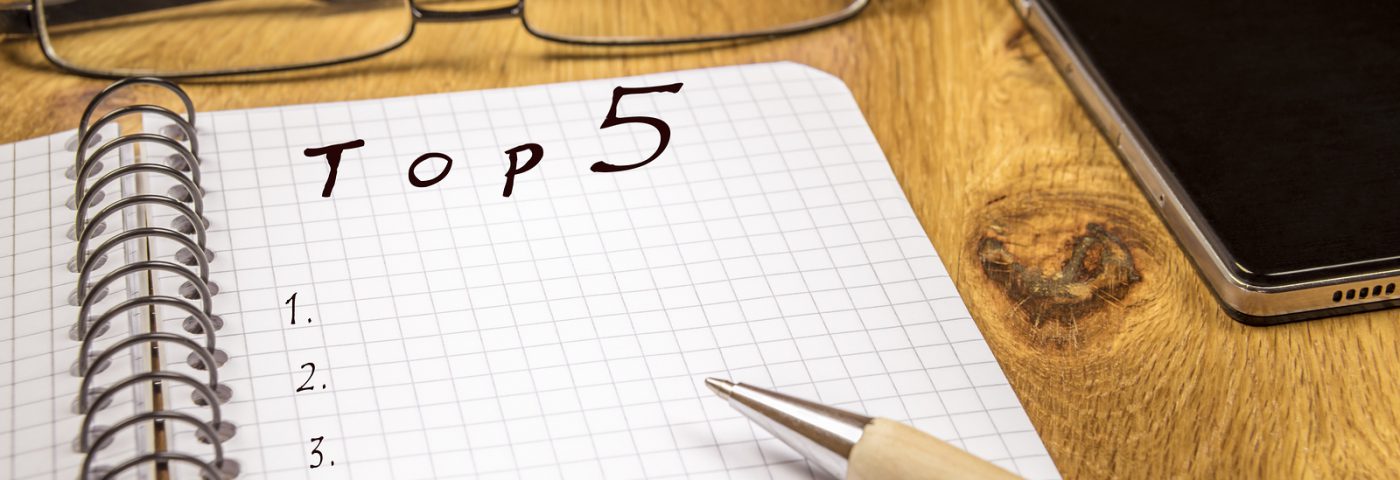We’ve rounded up the projected regulatory issues set to impact the cosmetic industry in Asia Pacific (APAC) in 2020 and beyond.
- Microbead ban in China
It will soon be illegal to manufacture and sell cosmetics containing microbeads in China. Laws will roll out in the next 2 years, with a ban on the use of microbeads from 31 December 2020 and sales of products containing microbeads to stop by 31st December 2022.
- Changes to CSAR
Cosmetics companies need to closely monitor China’s Cosmetics Safety and Administration Regulations (CSAR). There will be some new regulatory changes before the end of 2020, which industry figureheads hope will improve innovation and trade.
- New Halal regulations in Indonesia
Indonesia’s Halal law came into force in October 2019, but the regulations for cosmetics will not be defined until October 2026. In the meantime, the industry is calling for clarity on Halal regulations in order to prepare for changes.
- New Halal regulations in Malaysia
2019 revisions to Manual Prosedur Pensijilian Halal Malaysia (MPPHM) provided clearer guidelines regarding halal cosmetics, especially for international companies. From 2020 onwards, medium-sized enterprises and above must hire a dedicated halal executive and smaller companies are encouraged to do the same.
- Chemical management legislation
More countries in Asia are looking at developing their own chemical management legislation. The International Fragrance Association (IFRA) will be working with the authorities to ensure legislation is practical for the fragrance industry and can achieve co-regulation.
Need more regulations information? Read more about regulations in Asia Pacific.

